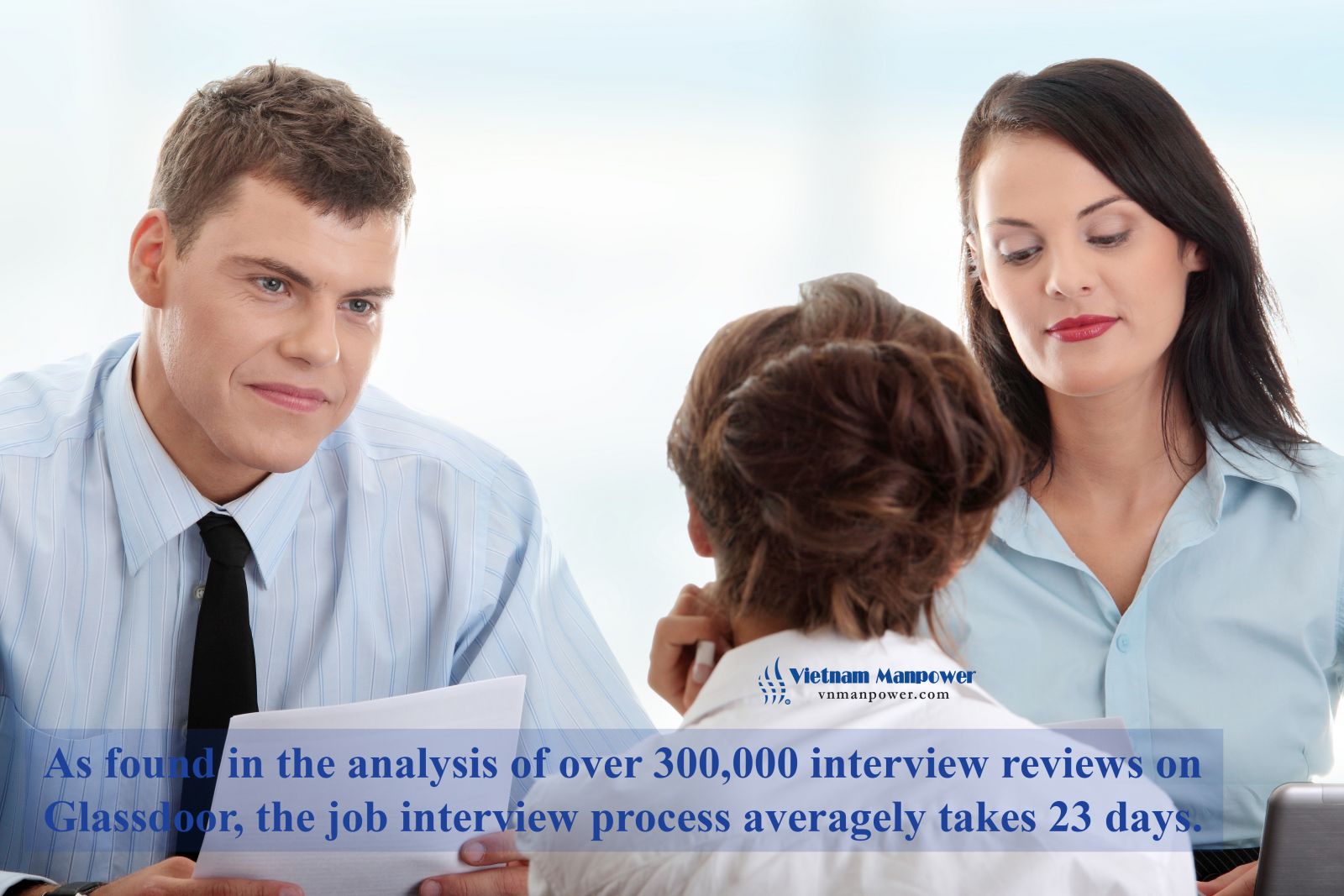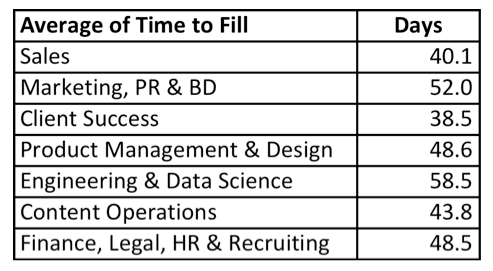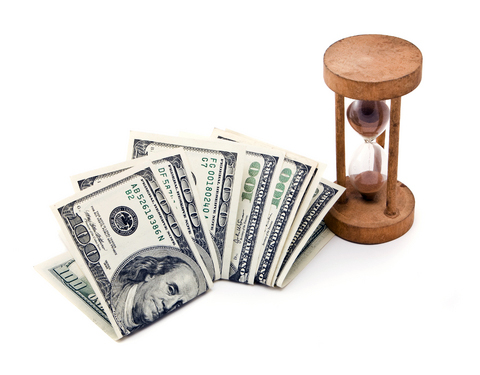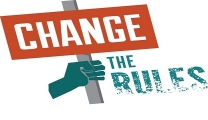As per the recent analysis by Glassdoor – a U.S site that employees and former employees give anonymous reviews about companies and their management, time to hire has securely increased since 2009. In a candidate-driven job market like these days, each day you delaying can earn you losing out on a valuable recruit. Indeed, the top reason why candidates reject a job offer was accepting a competitive one, according to MRINetwork’s 2015 recruitment survey. But is faster recruitment necessarily better?
How long does the interview process often take?

As found in the analysis of over 300,000 interview reviews on Glassdoor, the job interview process averagely takes 23 days.
- The average interview process for startups and small enterprises (fewer than 250 employees) takes 15 – 20 days.
- The average interview process for larger enterprises (at least 1000 employees) takes around 25 days.
For such in-demand jobs as sales, hiring time is 40 days or so. Specifically, average time to fill sales job is 40.1 days; marketing, PR & BD is 52 days; client success post is 38.5 days; product management and design is 48.6 days; engineering and data science is 58.5 days; content operations is 43.8 days; finance, legal, HR and recruiting 48.5 days.

What are screening methods used to improve quality of hire?

As found in Glassdoor’s data, employers apply various screening methods that added time to interview process:
- Background checks: adding 03 days on average
- Intelligence tests: adding nearly 03 days on average
- Personality assessments: adding 01 day on average
Recruiting time Vs. Quality of Recruit

Longer interview process may help find higher quality employees, but will cost lost productivity due to the vacant position
Recruitment is, all the time, related to the trade-off between speed and quality. The longer interview process may induce higher quality employees as a result of better screening. Still, it would cost lost productivity owing to the vacant position. For such crucial functions as sales, the potential sales revenue lost weekly from not recruiting a B2B sales representative is averagely $14.625. Then what is the optimal solution here? Just look for a candidate screening method optimizing the trade-off between accuracy and efficiency.
Personality assessment is recommended here

This screening method is recommended to save your time to hire while maximizing quality of hire. Particularly,
- Personality assessments are becoming increasingly popular
As found by Glassdoor, the use of personality assessments has risen to 18% in 2014 from 12% in 2010, as employers are realizing its value.
- Personality assessment save hiring time
If companies use a personality assessment as the screening method after the interview, it can add time to their interview process. Meanwhile, according to the Harvard Business Review, applying a short, online assessment as first screening step would lead to a smaller and more qualified candidate pipeline before the interview process that is time consuming.
A personality assessment is recommended to come before, or replace the resume prescreening. By so doing, you can save time sorting through numerous unqualified, mismatched job candidates.
- Personality assessments result in amazing return on investment (ROI)
According to the study by Farrell and Hakstian (2001) and data from Harvard Business Review and U.S Bureau of Labor Statistics, personality assessments have resulted in average rise of 50% in quality of hire, average rise of 20.7% in sales productivity, average net gain per sale rep’s tenure of $778,050 in sales revenue.

Overall, recruiting a poor quality candidate quickly isn’t better that recruiting a great candidate slowly. Then when it comes to optimizing the trade-off between hiring time and quality of hire, a personality assessment is considered one of best candidate screening methods.












Replies to This Discussion